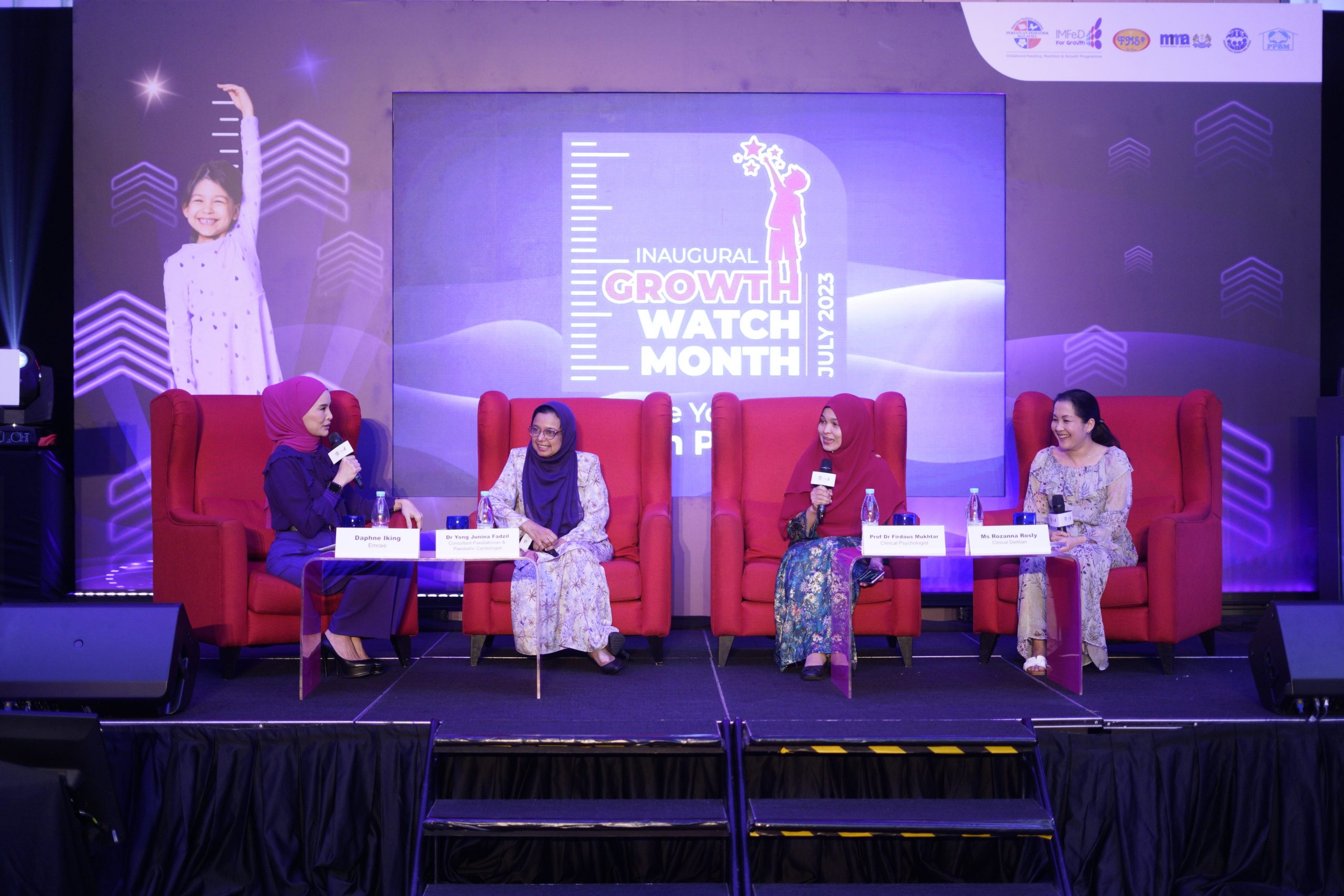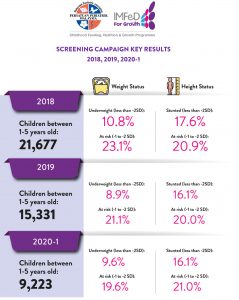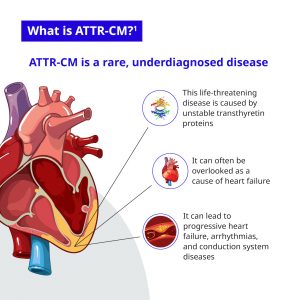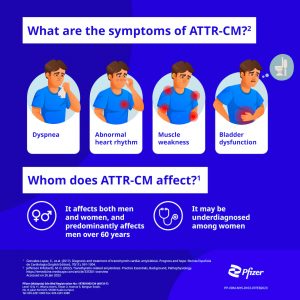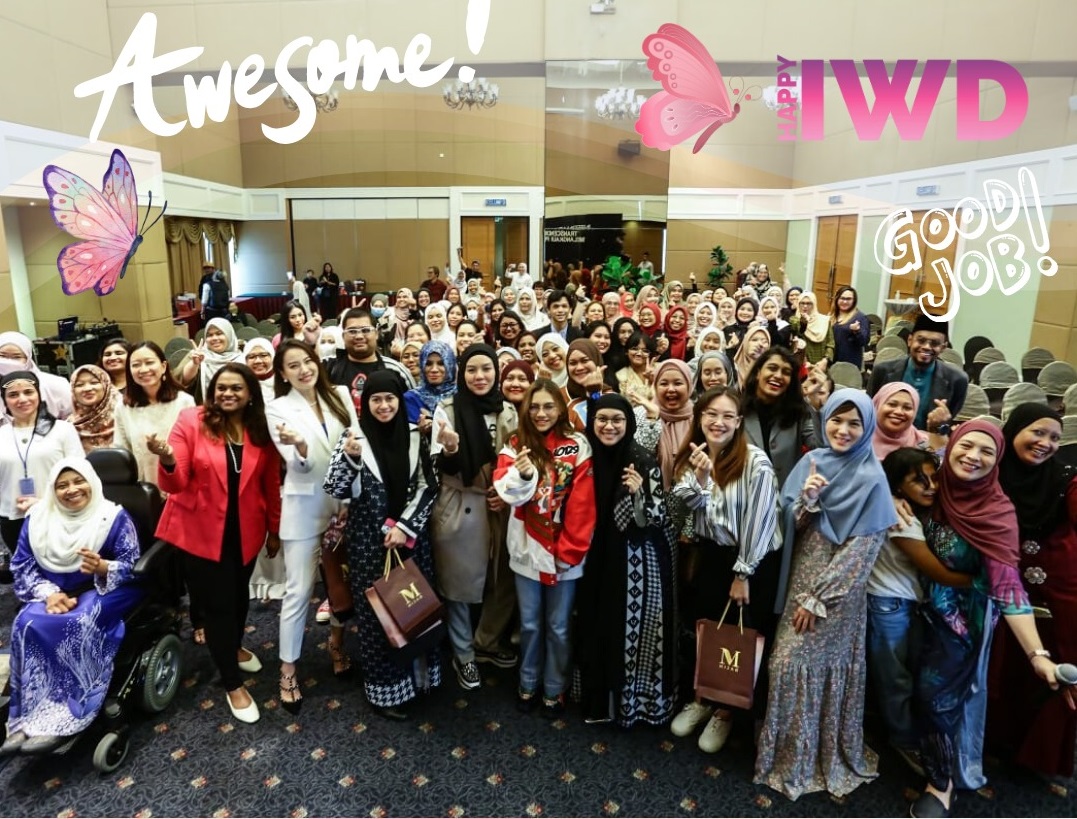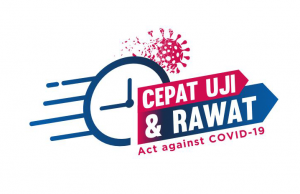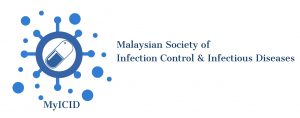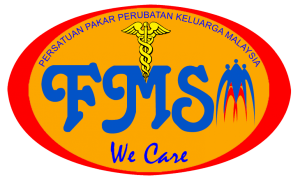WORDS LIM TECK CHOON
On 24 April 2024, YB Dato’ Lukanisman Awang Sauni, the Deputy Minister of Health Malaysia, launched the public health promotion campaign, Stand Against Prediabetes; Don’t Sugarcoat It (SAPd), in Putrajaya.
WHAT IS PREDIABETES?
Prediabetes is a condition where blood sugar levels are higher than normal, but not high enough to be diagnosed as type 2 diabetes.
Nonetheless, this higher-than-normal blood sugar levels will put one at an increased risk of developing type 2 diabetes, heart disease, and stroke in the future, if preventive measures are not taken to control their blood sugar levels.
| YOU MAY HAVE PREDIABETES IF YOU HAVE: |
|
WHY IS THERE A NEED FOR A PREDIABETES CAMPAIGN?
- An estimated 3.5 million Malaysians may have prediabetes.
- Because prediabetes has no symptoms, many may not be aware that they have it unless they go for a medical check-up.
- 1 in 10 people with prediabetes are likely to develop full-blown diabetes within a year, while up to 7 out of these 10 people may face the same outcome in 10 years.
- These individuals are already at risk of developing cardiovascular disease, vision loss, nerve damage, and chronic kidney disease even before diabetes sets in!
MORE ABOUT SAPd
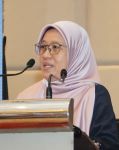 FEATURED EXPERT FEATURED EXPERTDR NURAIN MOHD NOOR President of the Malaysian Endocrine and Metabolic Society (MEMS) |
Dr Nurain Mohd Noor said during the launch: “MEMS initiated SAPd and invited the collaboration of seven other medical and allied health societies, as well as the involvement of Ministry of Health Malaysia.”
These societies include Malaysian Diabetes Educators Society (MDES), Malaysian Dietitians’ Association (MDA), Malaysian Family Medicine Specialists’ Association (FMSA), Malaysian Medical Association (MMA), Malaysian Pharmacists Society (MPS), National Heart Association Malaysia (NHAM), and The Chapter of Chemical Pathology & Metabolic Medicine, College of Pathologists, Academy of Medicine Malaysia (CPath AMM).
The SAPd programme is supported by Merck Malaysia.
Dr Nurain further remarked that SAPd managed to attain several important achievements over the last 2 years:
- Successfully promoted the adoption of standardized prediabetes blood glucose test values in over 200 private chain, independent and hospital laboratories, as well as over 2,000 government clinics and 100 government hospitals.
- Trained more than 2,000 healthcare professionals including doctors, nurses, pharmacists, and dietitians to enhance their effectiveness in the management of prediabetes.
- Published a clinical guide for the reference of healthcare professionals, as well an educational website, booklet, and pamphlet for the public.
THE 4Cs OF SAPd
 FEATURED EXPERT FEATURED EXPERTPROFESSOR EMERITA DR CHAN SIEW PHENG Consultant Endocrinologist and Chairperson of the SAPd Programme |
Professor Emerita Dr Chan Siew Pheng provided further elaboration into the key message of campaign: the 4Cs or Check, Confirm, Consult, and Change.
CHECK Your Prediabetes Risk
- Take the online risk checker at the SAPd website (link opens in a new tab).
- If the results show that you are at risk, ask for a simple finger prick blood glucose test at your community pharmacy, private GP clinic, or government health clinic.
SAPd aids to enlist 700 community pharmacies nationwide to provide complimentary finger prick blood glucose tests by mid-May of this year.
CONFIRM the Presence of Prediabetes
If your finger prick blood glucose test results show a higher-than-normal blood glucose level, you will need to get a proper blood test from a laboratory, clinic or hospital.
CONSULT Your Healthcare Professional
The guidance and support of a healthcare professional is important to determine the best approach for you to manage prediabetes with lifestyle intervention and medication, if required.
By attending follow-up visits, your healthcare professional will be able to monitor your progress and keep motivating you to achieve the results you desire.
CHANGE to Reclaim Your Health
The five pillars of prediabetes management are:
- Lose excess body weight and maintain healthy weight.
- Increase physical activity and exercise.
- Adopt healthy lifestyle habits (getting enough good quality sleep, managing stress, and quitting smoking, vaping, alcohol and other substance abuse).
- Take your medications as prescribed.
- Team up with healthcare professionals.
| Visit the SAPd website for more information and free educational downloads (link opens in a new tab). The website is available in English and Bahasa Melayu. |

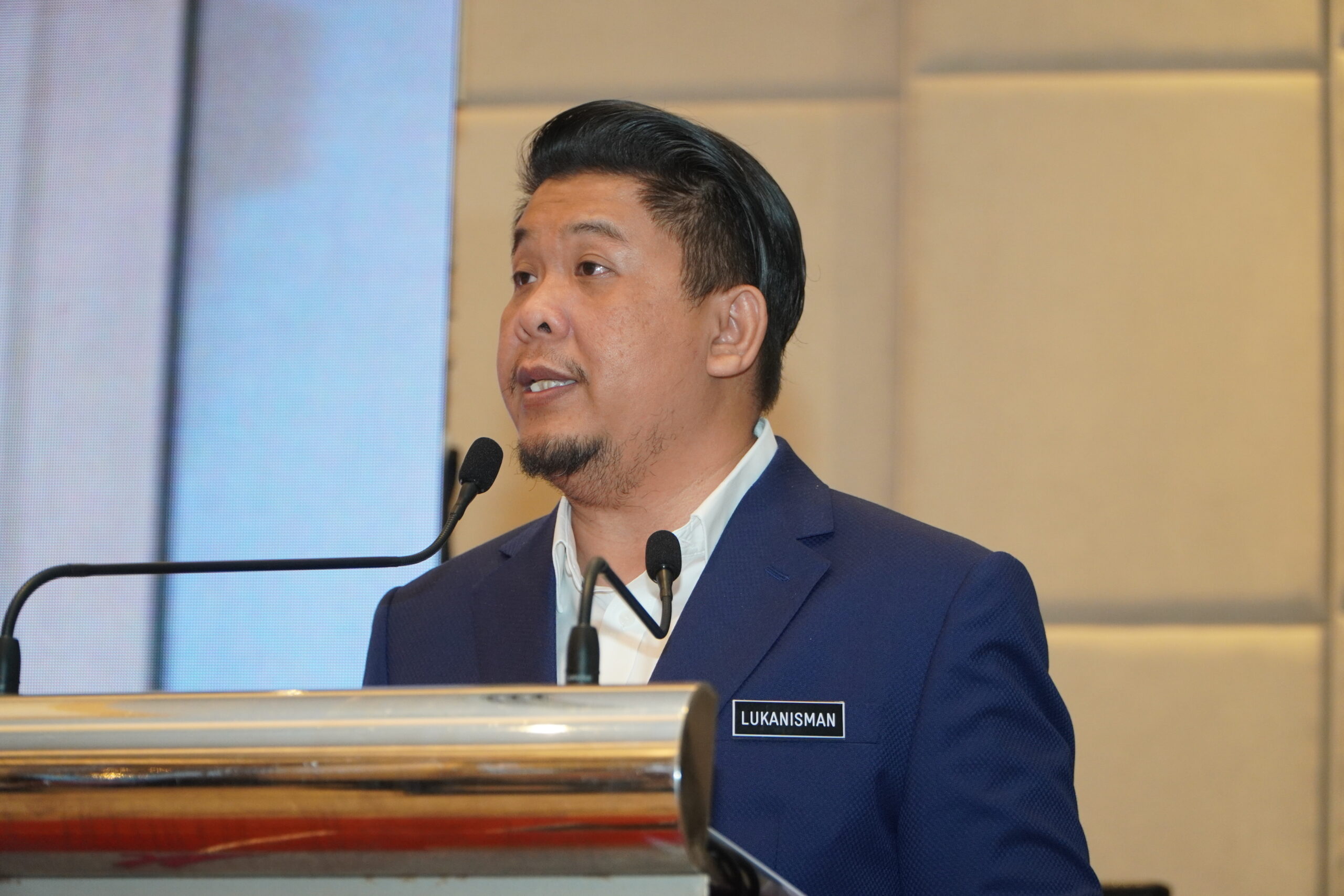
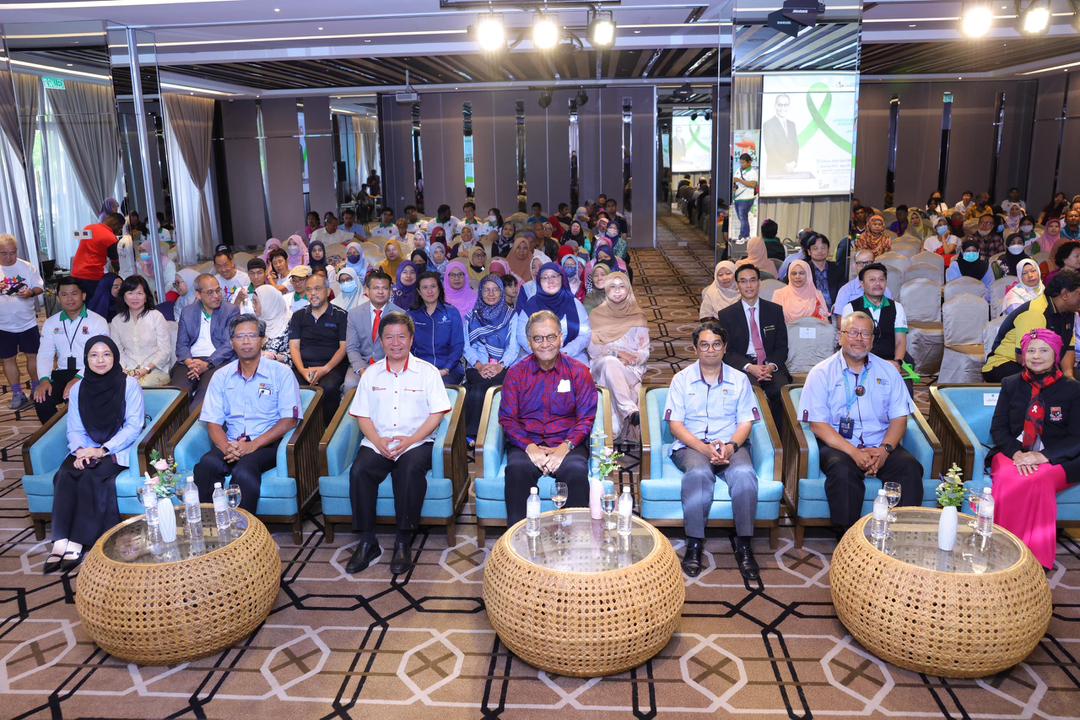
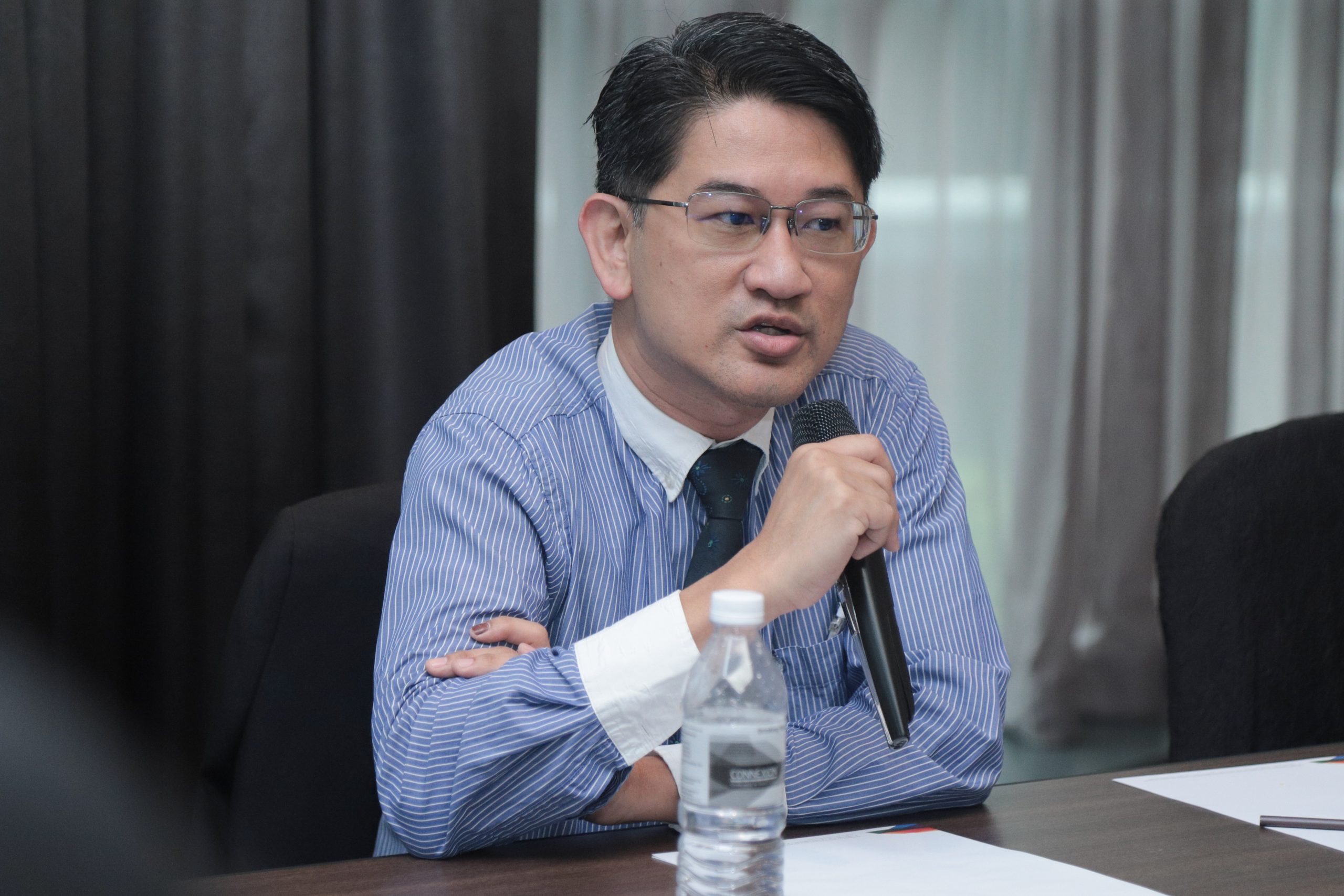



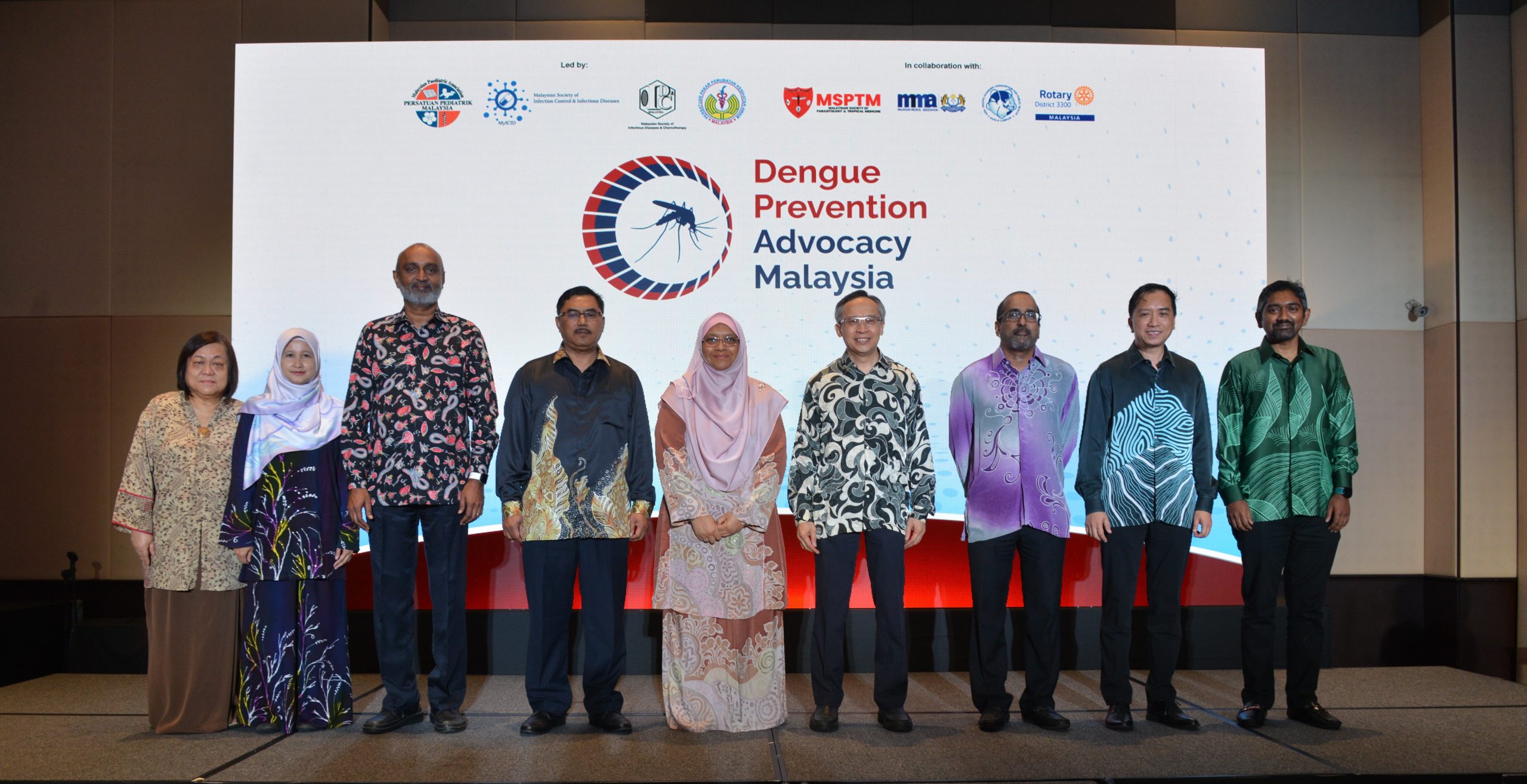


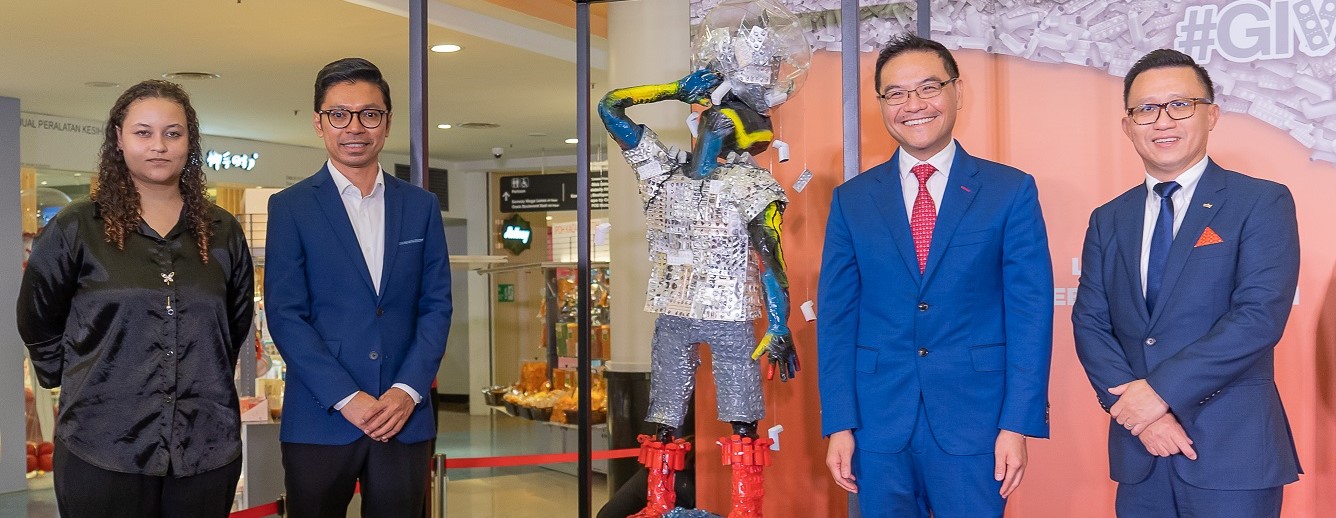

 FEATURED EXPERT
FEATURED EXPERT